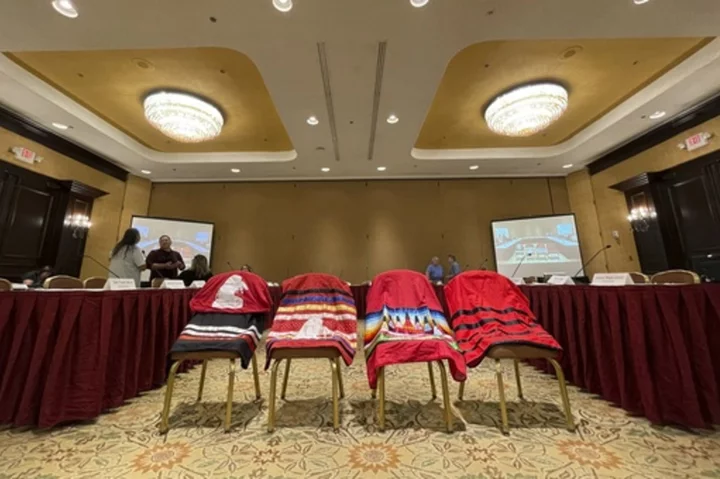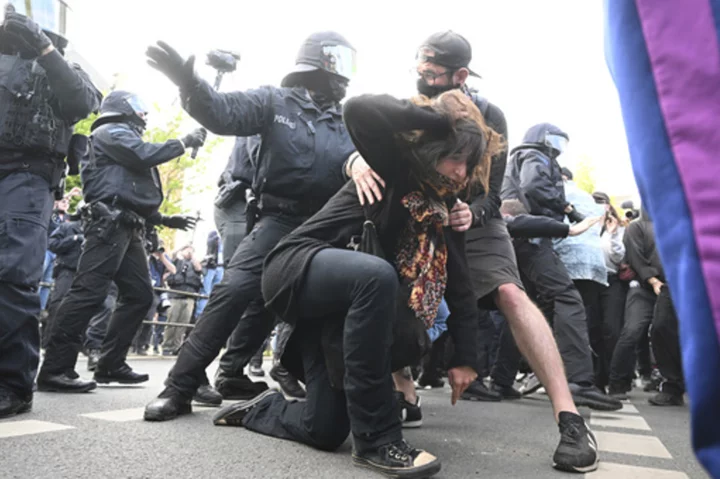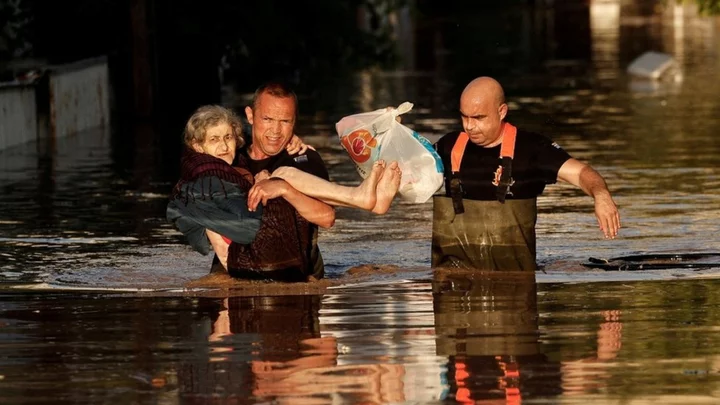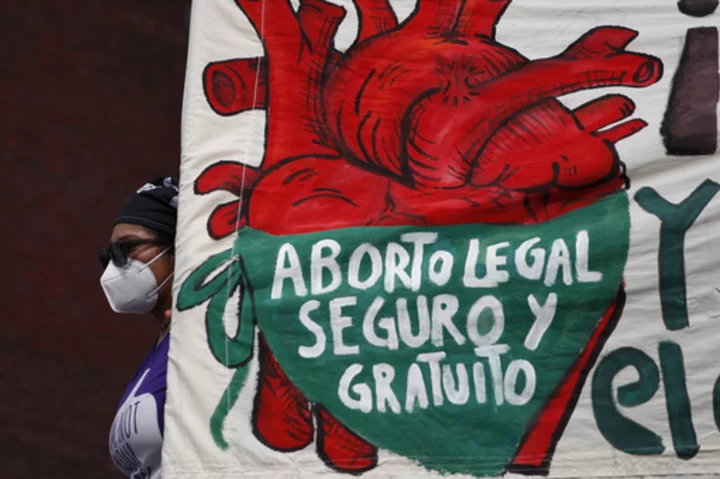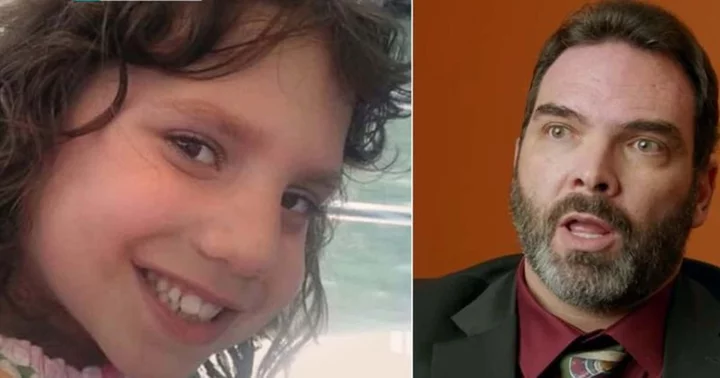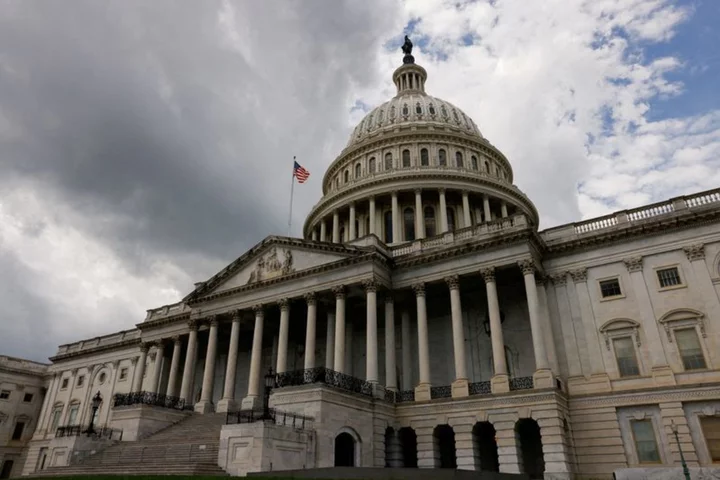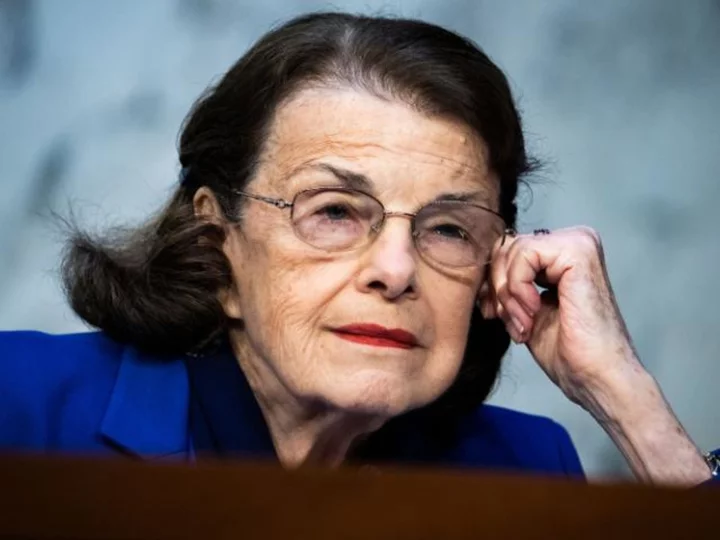ALBUQUERQUE, N.M. (AP) — The U.S. Department of Justice on Wednesday announced it will be funneling more resources toward addressing the alarming rate of disappearances and killings among Native Americans.
As part of a new outreach program, the agency will dispatch five attorneys and five coordinators to several regions around the country to help with investigations of unsolved cases and related crimes.
Their reach will span from New Mexico and Arizona to Alaska, Washington, Oregon, Oklahoma, South Dakota, Michigan and Minnesota.
Attorney General Merrick Garland acknowledged that the crisis has shattered the lives of victims, their families and entire tribal communities.
"The Justice Department will continue to accelerate our efforts, in partnership with tribes, to keep their communities safe and pursue justice for American Indian and Alaska Native families,” Garland said in a statement issued Wednesday.
The announcement came as a special commission gathered in Albuquerque for one of its final field hearings as it works to develop recommendations on improving the response from law enforcement and coordination within local, state, tribal and federal justice systems.
The commission started its meeting with a prayer and a moment of silence as four colorful skirts were displayed at the front of the room in honor of those who have gone missing or have been trafficked or killed.
Some commission members read the names of victims to be remembered, including Ashlynne Mike, an 11-year-old Navajo girl who was abducted, sexually assaulted and murdered in northwestern New Mexico in 2016.
With seemingly insurmountable jurisdictional challenges, members of the federal commission have a difficult task ahead. Over the next three days, they will be listening to more heartbreaking stories from Native American families who have had loved ones vanish or turn up dead.
The goals of the 37-member commission include tracking and reporting data on missing-person, homicide and human trafficking cases and increasing information sharing with tribal governments on violent crimes investigations and other prosecutions on Indian lands.
Aside from making recommendations to the Interior and Justice departments, the commission also is tasked with boosting resources for survivors and victims’ families, such as providing access to social workers and counselors.
Elizabeth Hidalgo Reese, a member of Nambé Pueblo and senior policy advisor for Native American affairs at the White House, acknowledged the emotional toll that comes from victims and families sharing their stories.
“We need to understand this problem from every angle, we need to explore every possible solution," she said at the start of Wednesday's hearing. “So we do need to hear from all of you.”

